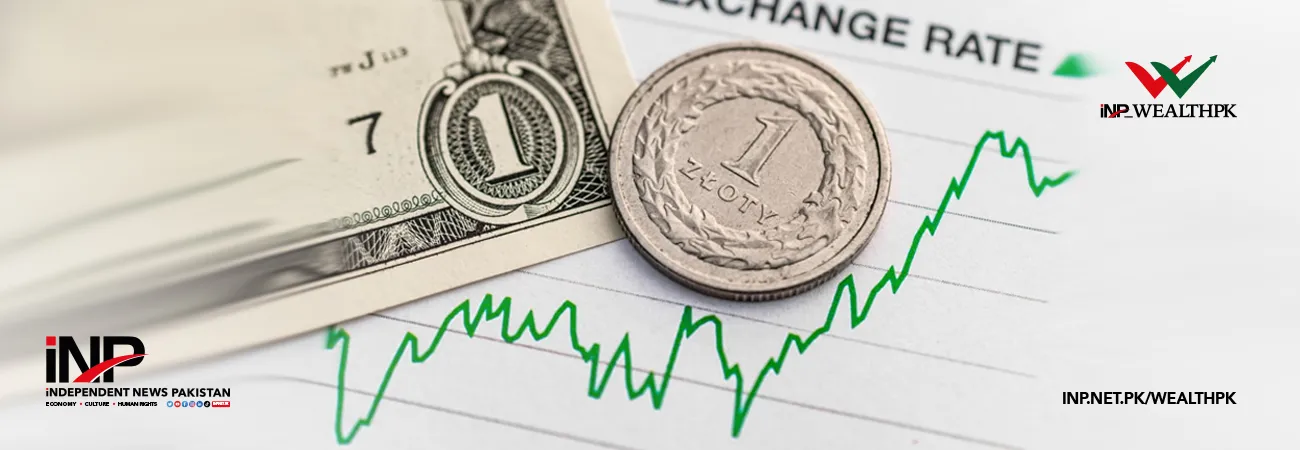INP-WealthPk
Ayesha Saba

The government needs to reassess its investment policies to strike a balance between attracting foreign direct investment (FDI) and safeguarding the foreign exchange reserves. Besides, underlying issues that may be accelerating profit repatriation, such as political instability and high cost of doing business, must also be addressed, reports WealthPK. The repatriation of profits and dividends from foreign investments in Pakistan skyrocketed to $139 million in the first month of the current fiscal year, marking a 64.5-fold increase compared to just $2.2 million in July 2023, according to data released by the State Bank of Pakistan.
The outflow hit a six-year high at $2.2 billion in the previous financial year ended June 30, 2024 compared to only $331 million in FY23. In the backdrop of foreign currency outflows, the rupee depreciated Rs0.13 against the US dollar to Rs278.45 in the inter-bank market, partially reversing the gains achieved in the prior three consecutive days. Talking to WealthPK, Dr. Imran Malik, senior economist at the Pakistan Business Council, argued that the surge in repatriation reflects mixed signals for the economy. On the one hand, this indicates that foreign investors are indeed making profits in Pakistan, which is a positive indicator for investment attractiveness. However, the rapid outflow also suggests that these investors may lack confidence in the stability of the country’s economic future, especially with the ongoing political uncertainty and fiscal challenges. He further explained that such massive outflows of capital can be detrimental to Pakistan’s macroeconomic stability.
Pakistan's foreign exchange reserves have been under strain for months due to the rising external debt repayments and low export growth. The increase in profit repatriation, while normal for foreign investors, exacerbates the country’s liquidity problems. He suggested that the government reassess its investment policies to strike a balance between attracting foreign direct investment (FDI) and safeguarding the country’s foreign exchange reserves. “Pakistan needs to work on improving investor confidence by offering stable, long-term policies, particularly in sectors that are ripe for foreign investment such as infrastructure, agriculture, and digital services,” added Imran.
Credit: INP-WealthPk













